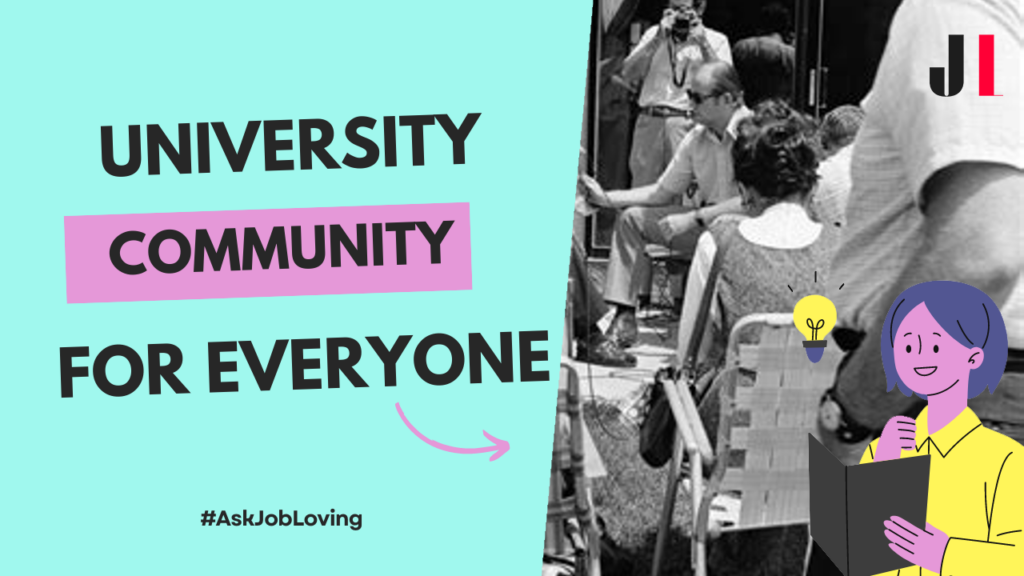Who Founded JVP at the University of Michigan?
The Jewish Voice for Peace (JVP) at the University of Michigan emerged as a chapter of a national organization that champions Jewish mobilization for peace and justice in Israel-Palestine. Founded in 2016, the University of Michigan chapter aims to advocate for Palestinian rights while fostering dialogue within the Jewish community about issues surrounding the Israeli-Palestinian conflict. The backbone of JVP at Michigan consists of dedicated students committed to social justice, but it doesn’t have a single “founder” in the traditional sense. Instead, it formed through collective efforts and the passion of various students passionate about these important issues.
One key figure often recognized in the broader JVP movement is Omar Barghouti, who co-founded the Boycott, Divestment, Sanctions (BDS) movement in 2005, which seeks to apply pressure on Israel regarding its policies towards Palestinians. Although he isn’t a founder specifically for the University of Michigan chapter, his work set a foundation for many campus bases seeking to engage in similar activism.
Moreover, it’s noteworthy that JVP isn’t merely an organization; it’s part of a larger network. Various chapters nationwide operate independently but share a common mission rooted in advocating for justice. Each chapter, including the one at Michigan, mobilizes their strengths and perspectives tailored to their unique campus environment.
Engagement and Controversies
JVP focuses on activism surrounding the #BDS movement (Boycott, Divestment, Sanctions) while creating a space for thoughtful discussion on complex geopolitical issues. However, their presence has not been without contention, particularly given the challenging climate for Jewish students on college campuses today. Many say navigating conversations about Israel and Palestine can feel like walking a tightrope; it requires balance and sensitivity.
Through events, protests, and social media campaigns, JVP brings forth dialogue not just concerning Palestinian rights but also fostering a deeper understanding of Jewish identities amid these discussions. The organization recognizes that communication is key — fostering collaborative spaces where differing viewpoints can emerge helps build unity rather than division.
Final Thoughts
In conclusion, while there is no single individual who “founded” JVP at the University of Michigan, this chapter represents the aspirations and efforts of many students striving for peace and social justice in one of today’s most heated debates. Each member plays a significant role, collectively weaving their values into the fabric of JVP’s mission.
If you want more information or have questions about who founded JVP at the University of Michigan or anything else related to this movement, don’t hesitate to connect with us at the JobLoving community! We’re here to help you navigate these complex topics.

